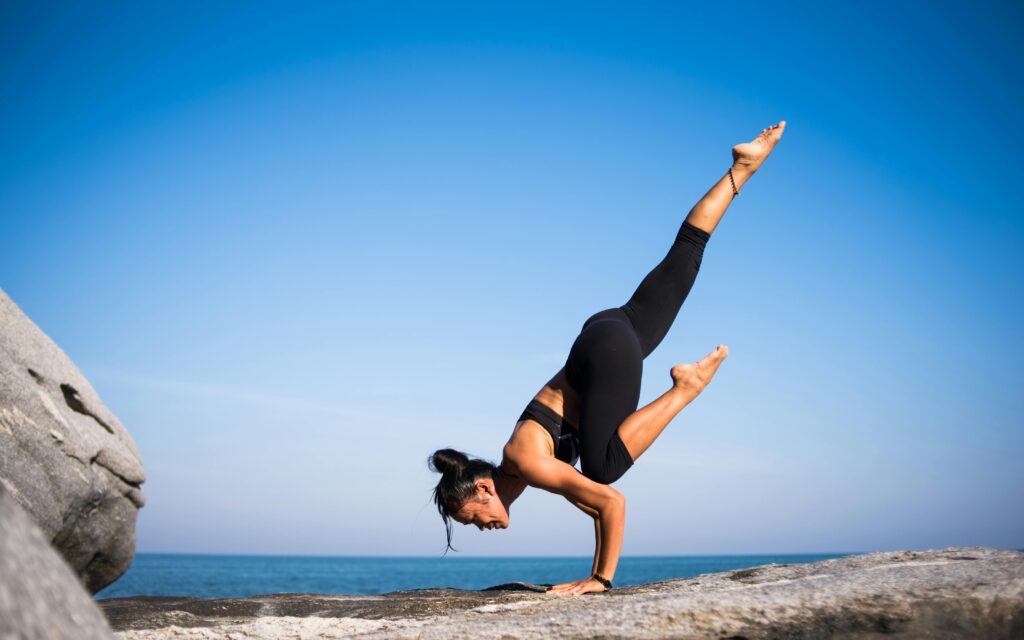As summer approaches, spending time outdoors becomes increasingly appealing. However, along with the fun in the sun comes the need to protect your skin from harmful UV rays. Proper skin protection is essential to prevent sunburn, premature aging, and skin cancer. This article will guide you on how to protect your skin with the best sunscreens and essential sun safety tips. Whether you’re lounging by the pool, hiking in the mountains, or enjoying a day at the beach, these tips will help you stay safe in the summer.
Understanding Sunscreen: Why It’s Important
Sunscreen is a crucial part of any sun safety routine. It works by absorbing, reflecting, or scattering sunlight, specifically the ultraviolet (UV) rays that can cause damage to the skin. There are two types of UV rays: UVA, which can prematurely age your skin, and UVB, which can burn your skin. Both types can cause skin cancer. Using the right sunscreen helps protect your skin from these harmful effects.

How to Choose the Right Sunscreen
Choosing the right sunscreen can be overwhelming with so many options available. Here are some key factors to consider:
SPF (Sun Protection Factor)
SPF measures how well the sunscreen protects against UVB rays. An SPF of 30 or higher is recommended for adequate protection. SPF 30 blocks about 97% of UVB rays, while SPF 50 blocks about 98%. No sunscreen can block 100% of UVB rays, so it’s important to reapply regularly.
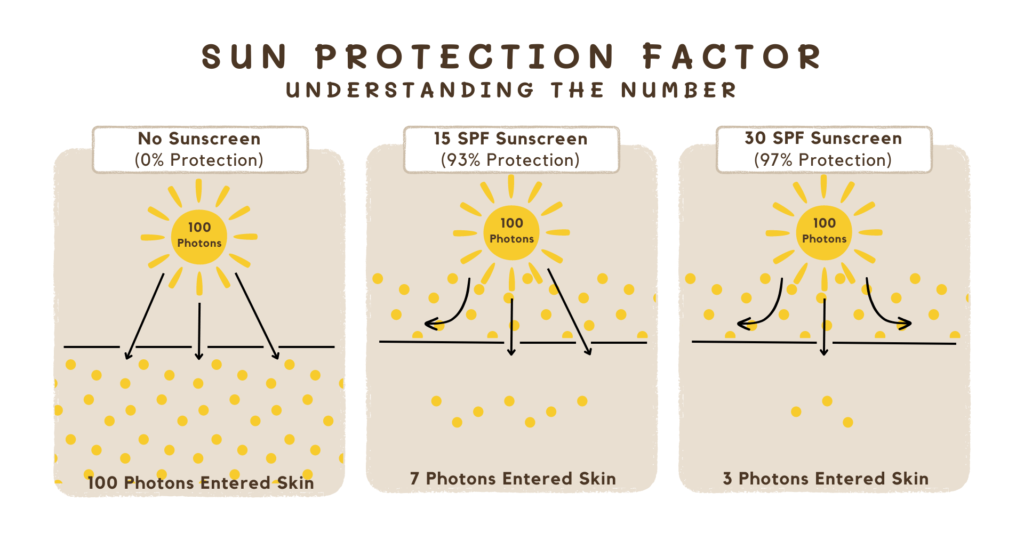
Broad-Spectrum Protection
Look for sunscreens labeled “broad-spectrum,” which means they protect against both UVA and UVB rays. Broad-spectrum sunscreens offer comprehensive protection and are crucial for effective skin protection.
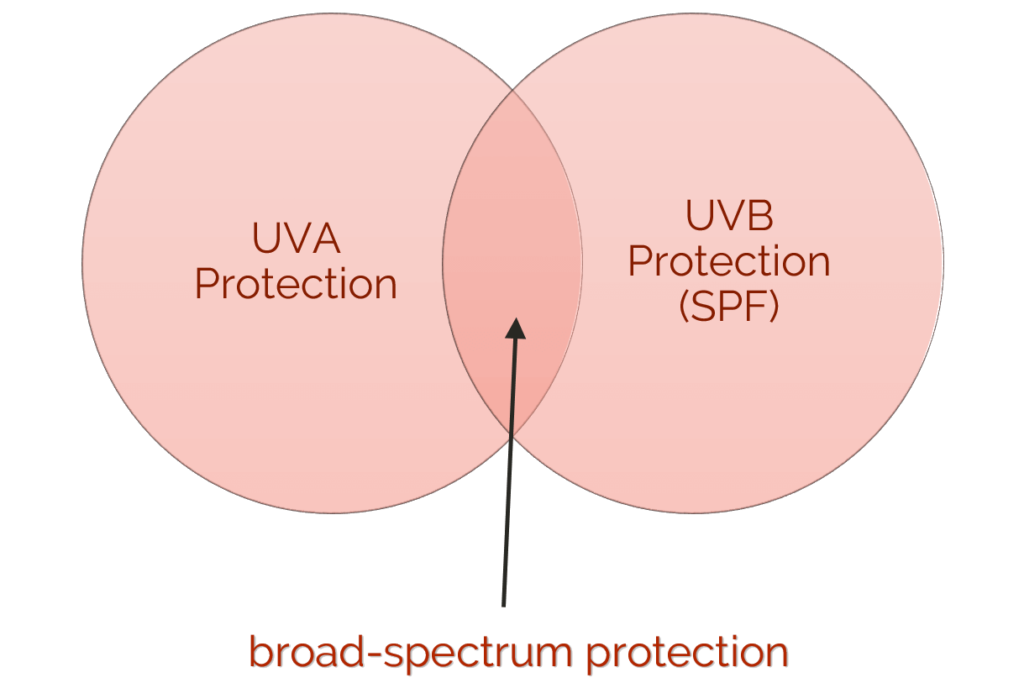
Water Resistance
If you’re swimming or sweating, choose a water-resistant sunscreen. These sunscreens are formulated to stay effective for a certain period (40 or 80 minutes) while you’re in the water or perspiring. However, reapplication is still necessary after swimming or heavy sweating.
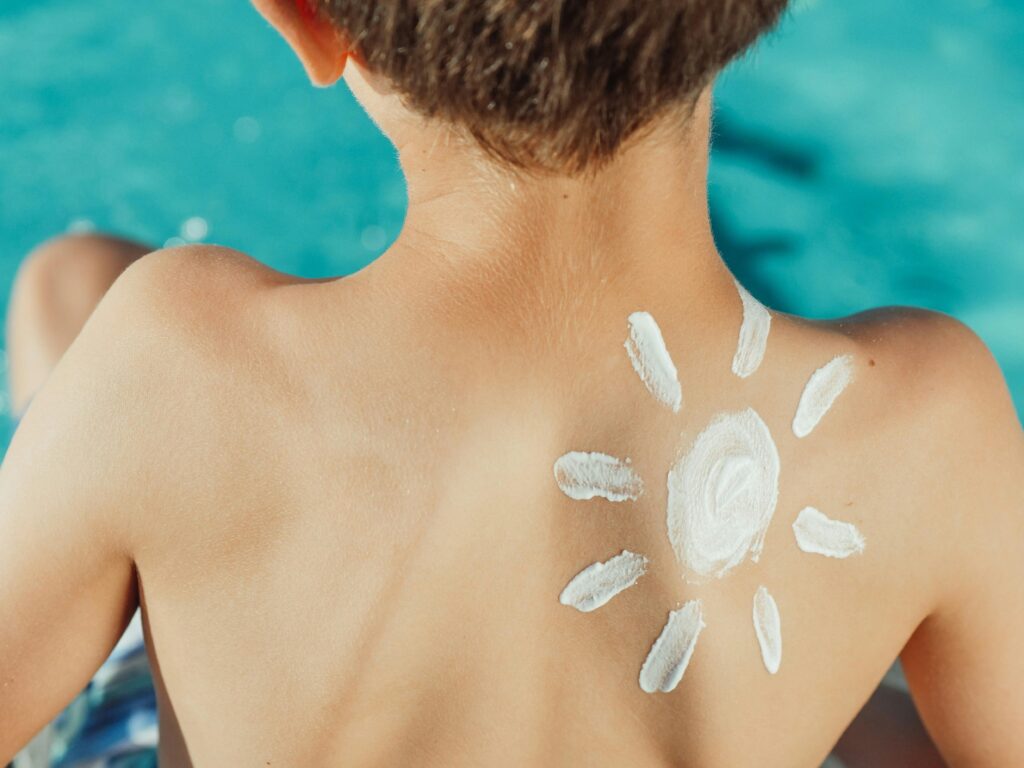
Ingredients
Consider the active ingredients in your sunscreen. Mineral sunscreens contain zinc oxide or titanium dioxide, which physically block UV rays. They are often recommended for sensitive skin. Chemical sunscreens, on the other hand, contain ingredients like avobenzone or octocrylene that absorb UV rays. Both types are effective, so choose the one that suits your skin type and preferences.
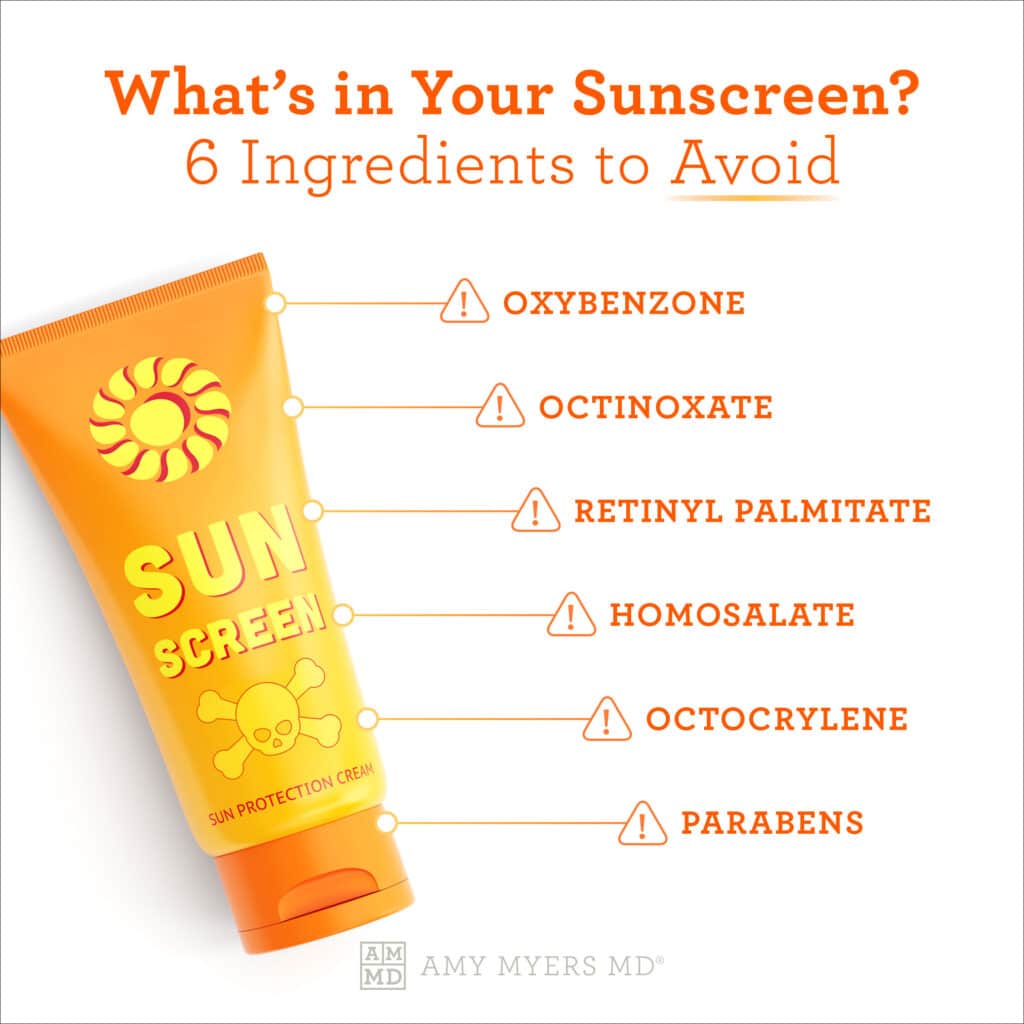
How to Use Sunscreen Properly
Knowing how to use sunscreen correctly is just as important as choosing the right one. Here are some tips on how to use sunscreen effectively:
Apply Generously
Use enough sunscreen to cover all exposed skin. Most adults need about one ounce (a shot glass full) to cover their entire body. Don’t forget areas like your ears, neck, and the tops of your feet.
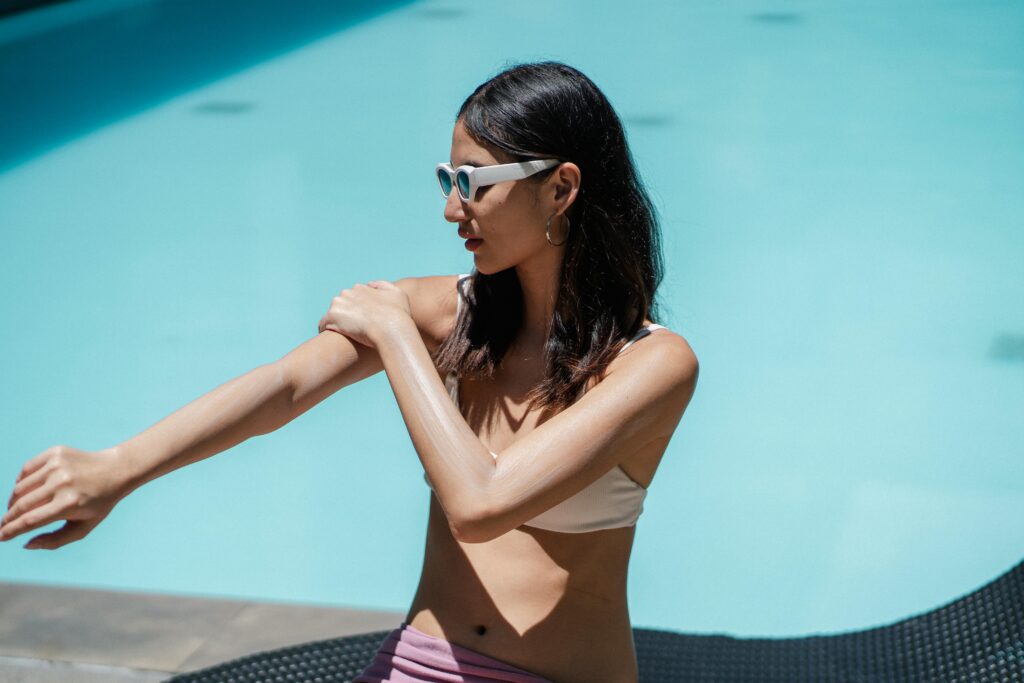
Reapply Often
Apply sunscreen 15-30 minutes before going outside. This allows it to fully absorb into your skin and provide maximum protection. Reapply sunscreen every two hours, or more frequently if you’re swimming or sweating. Even water-resistant sunscreens need to be reapplied after 40 or 80 minutes in the water.
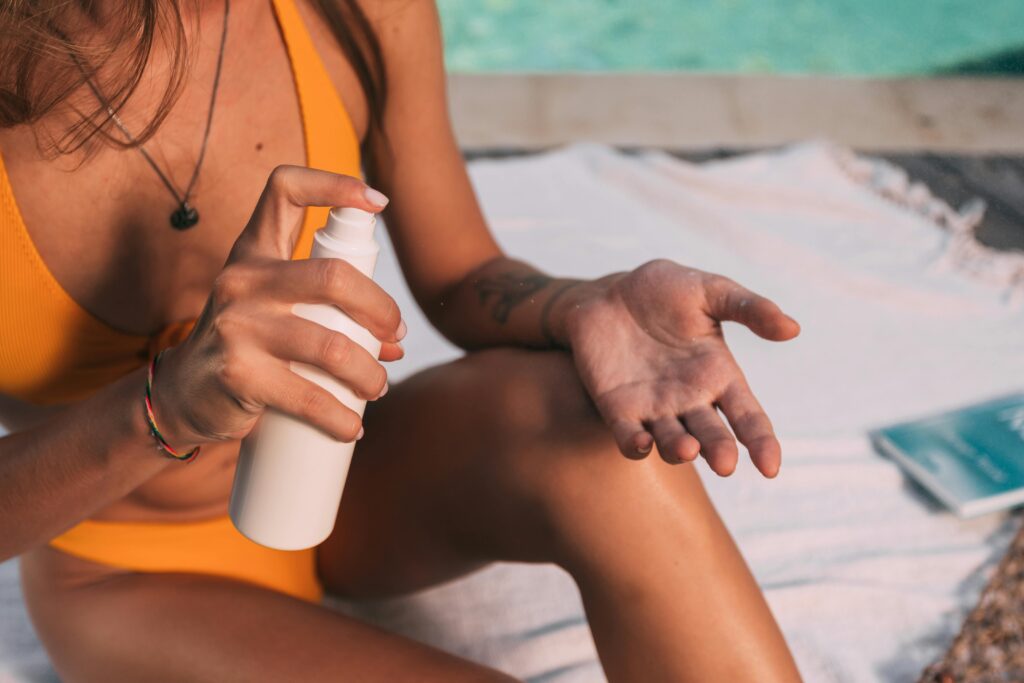
Don’t Forget Your Lips
Your lips can get sunburned too. Use a lip balm with SPF 15 or higher and reapply frequently. Lips are particularly vulnerable to sun damage because they have thinner skin and less melanin. Sunburned lips can become dry, cracked, and painful, so it’s important to keep them protected. Look for lip balms that offer broad-spectrum protection and are water-resistant for longer-lasting coverage. Additionally, consider choosing a lip balm with moisturizing ingredients to keep your lips hydrated and smooth.
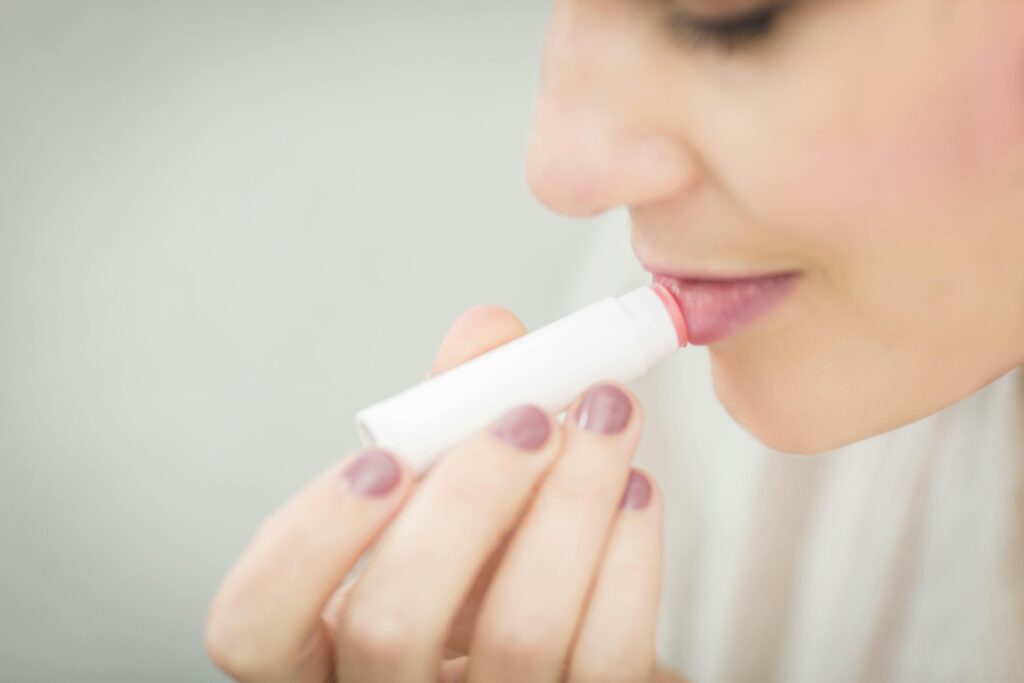
Sun Safety Tips Beyond Sunscreen
While sunscreen is essential, it’s not the only measure you should take to protect your skin. Here are additional sun safety tips:
Tip №1: Seek Shade
Whenever possible, stay in the shade, especially during peak sun hours (10 a.m. to 4 p.m.). This is when UV rays are the strongest.
Tip №2: Wear Protective Clothing
Wear long-sleeved shirts, pants, and wide-brimmed hats to cover as much skin as possible. Look for clothing with an Ultraviolet Protection Factor (UPF) for added protection.
Tip №3: Use Sunglasses
Protect your eyes and the skin around them by wearing sunglasses that block 100% of UVA and UVB rays. Prolonged exposure to UV rays can lead to eye problems like cataracts.
Tip №4: Avoid Tanning Beds
Tanning beds emit harmful UV radiation that can increase your risk of skin cancer and cause premature aging. Opt for sunless tanning products if you desire a tanned look.
Tip №5: Stay Hydrated
Sun exposure and heat can lead to dehydration. Drink plenty of water throughout the day to stay hydrated, especially if you’re spending extended periods outdoors.
Tip №6: Monitor Your Skin
Regularly check your skin for any new or changing moles, freckles, or spots. Early detection of skin changes can help catch skin cancer in its early stages. Visit a dermatologist annually for a professional skin exam.
Best Sunscreens to Consider
Here are some of the best sunscreens recommended by dermatologists and experts:
Neutrogena Ultra Sheer Dry-Touch Sunscreen SPF 100
This broad-spectrum, water-resistant sunscreen offers high SPF protection and a lightweight, non-greasy feel, making it ideal for daily use.
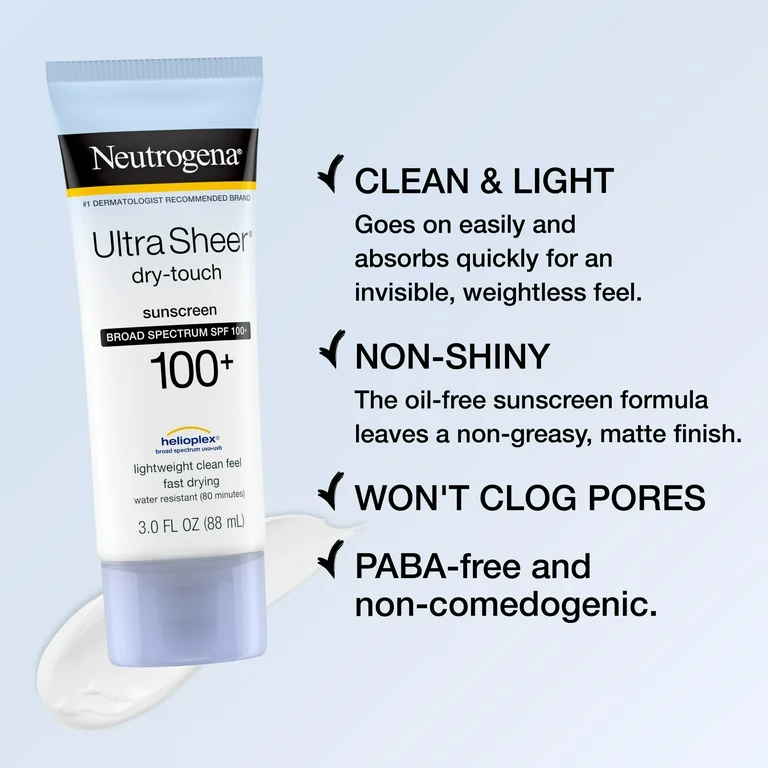
La Roche-Posay Anthelios Melt-in Milk Sunscreen SPF 60
Known for its gentle formula and high SPF, this sunscreen is suitable for sensitive skin and provides effective UVA/UVB protection.
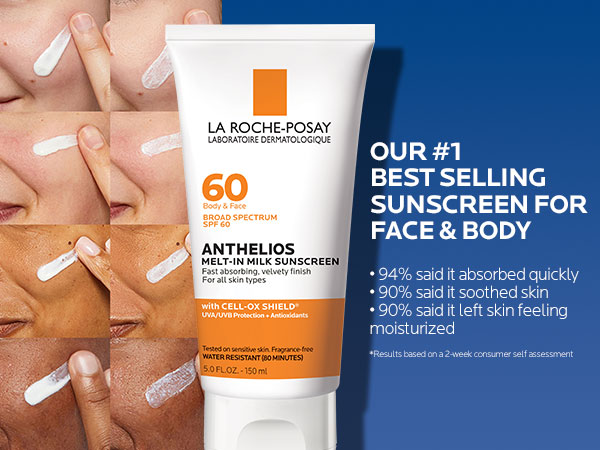
EltaMD UV Clear Broad-Spectrum SPF 46
This sunscreen is perfect for acne-prone or sensitive skin. It contains niacinamide and is oil-free, providing protection without clogging pores.

Blue Lizard Australian Sunscreen SPF 30+
This mineral-based sunscreen is water-resistant and free of parabens and fragrances, making it suitable for sensitive skin and children.

Coppertone Sport Sunscreen SPF 50
Designed for active individuals, this water-resistant sunscreen provides broad-spectrum protection and stays effective during vigorous activities.

Remember: Protecting your skin from the sun’s harmful rays is essential for maintaining healthy skin and preventing serious health issues. By choosing the best sunscreens, knowing how to use sunscreen properly, and following additional sun safety tips, you can enjoy the summer sun safely. Remember, sun protection is an ongoing effort, so make it a daily habit to safeguard your skin. Stay informed, stay protected, and enjoy the beautiful sunny days ahead!

